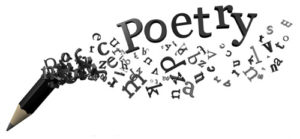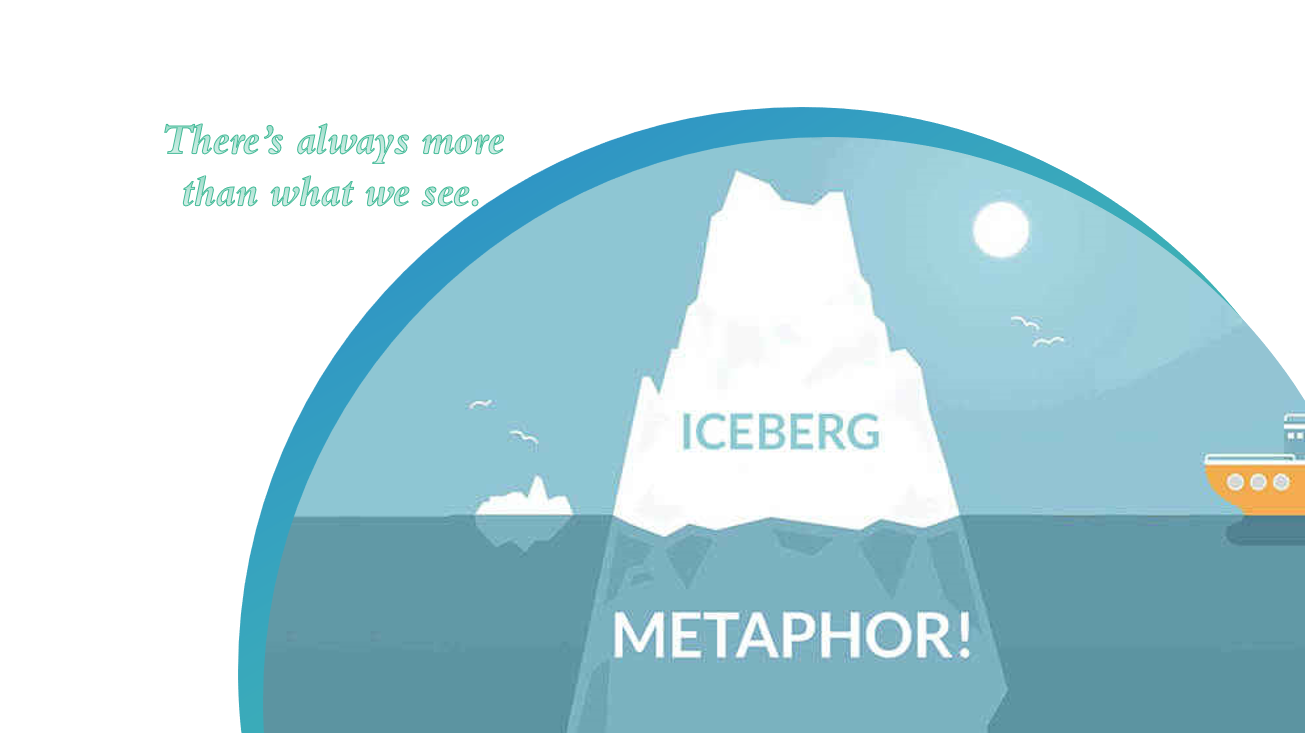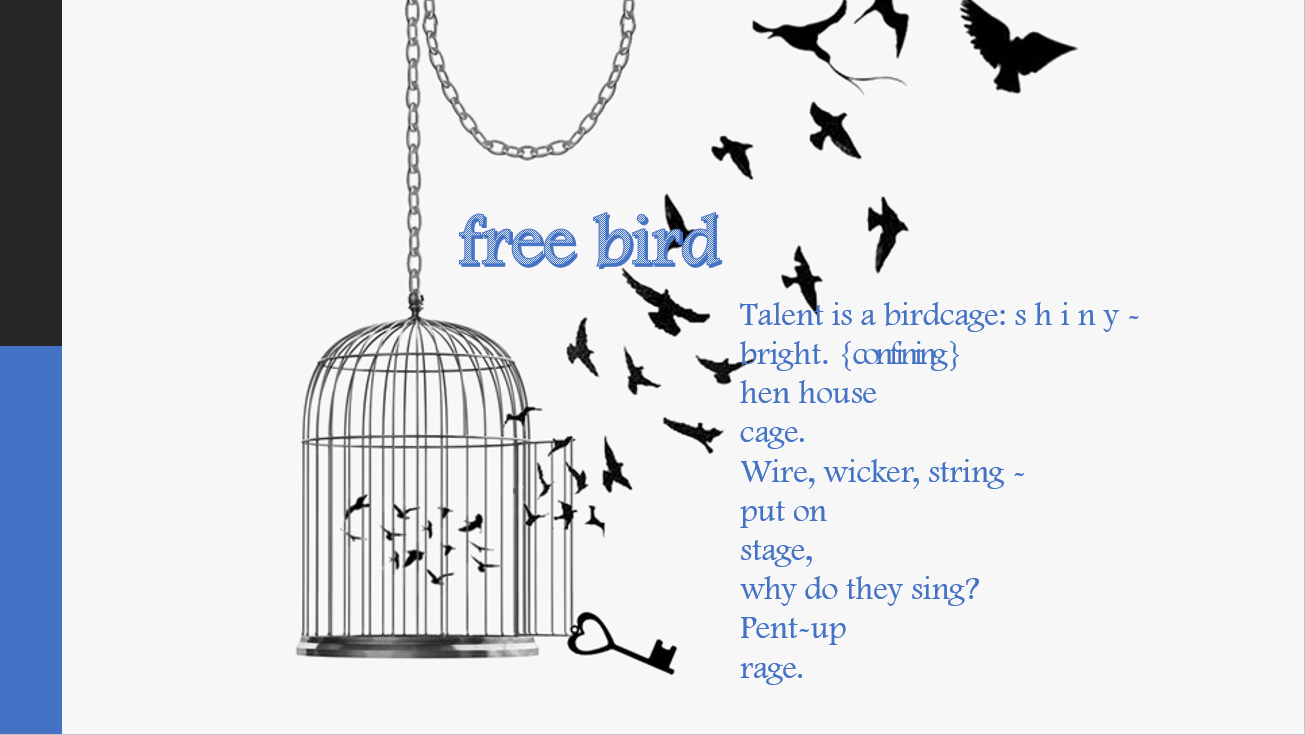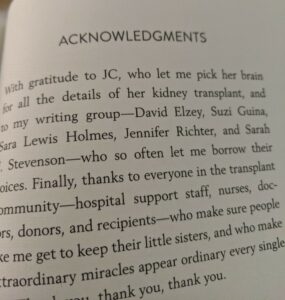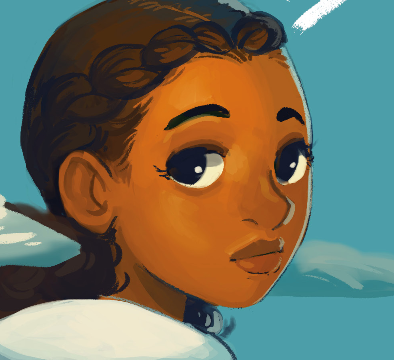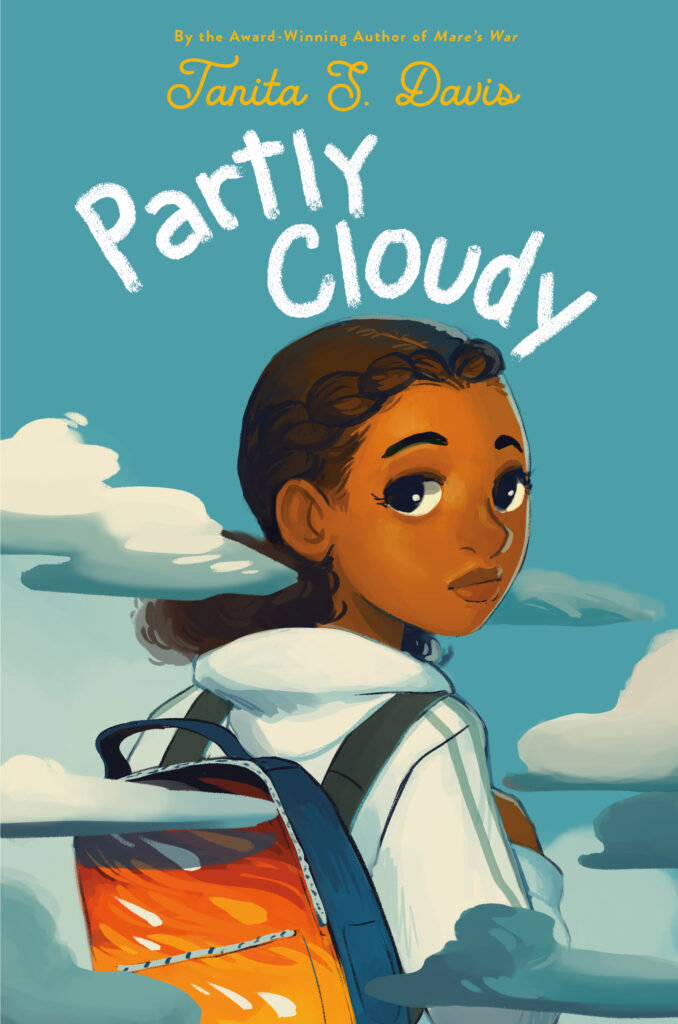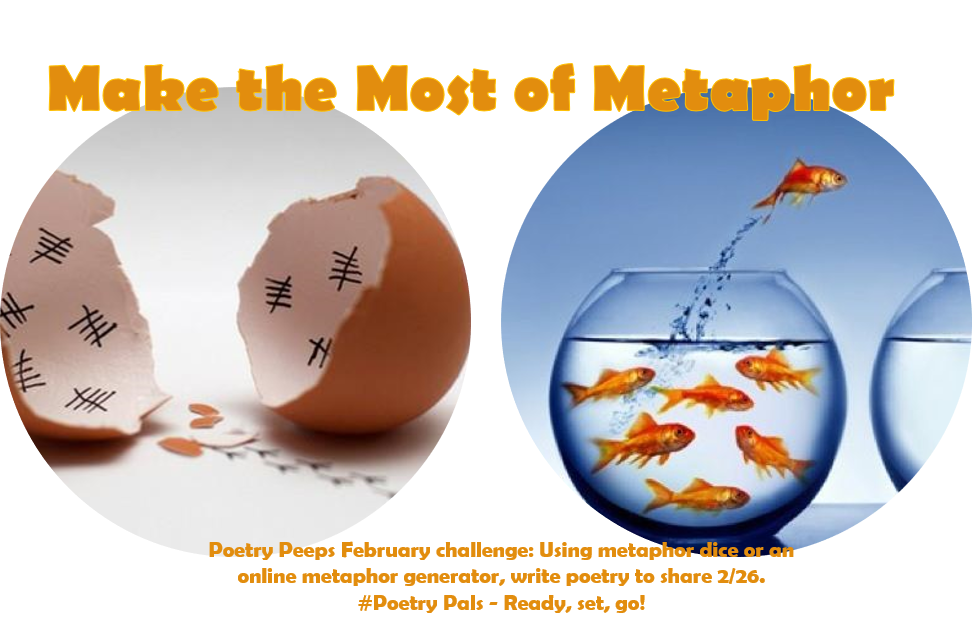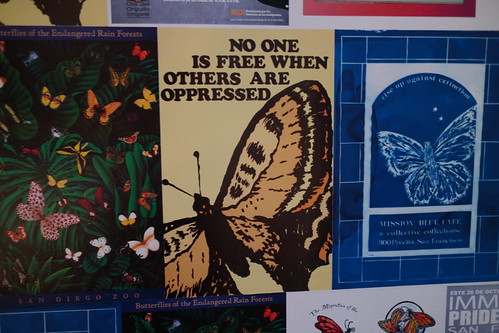Greetings! Welcome to another Poetry Peeps adventure on Poetry Friday!
You’re invited to try our challenge in the month of March! Here’s the plan: We’re going to dance forth with some “dizzying dizains.” Never heard of a dizain? Not sure why you’ll be stumbling and spun? The short version is: it’s a French form from 15th-16th c., with a 10-line stanza · 10 syllables per line · And an ababbccdcd rhyme scheme. A bit longer of an explanation can be found at Writer’s Digest, with a few helpful tips and an example. Interested? Good! You’ve got a month to spin your poem(s), then share your offering (or someone else’s) with the rest of us on March 26 in a post and/or on social media – #PoetryPals.
Our second challenge of 2021 was to roll the metaphor dice, digitally or in person if we had actual metaphor dice on hand, then write a poem – full stop. There were no other rules nor themes this month. Fortunately, the Perchance metaphor generator is …full of delightful chaos. Today’s Poetry Friday hostess, Karen Edmisten’s first metaphor made me snort-laugh – I look forward to seeing what (if anything) she comes up with. You should read Sara’s here. Tricia’s is here, and this is Liz‘s. Laura’s is here, and here’s Kelly’s. Michelle’s metaphor is here, and Mary Lee’s is here. More Poetry Peeps will be checking in throughout the day, so stay tuned!
Metaphors are wild – there’s no plausible deniability as with similes – no cushioning “like” or “as.” No, no, my dear, you ARE my sunshine, full stop, you ball of flaming nuclear goodness. My mistress’ eyes are nothing like the sun, but the rest of her…? She is FIRE…apparently literally.
While also a number of other things, metaphor by definition is a descriptive device, used for rhetorical effect. While I started out trying to use blank verse, the more rigid, syllabic form felt best – and don’t ask me why, except maybe it is just that metaphor is so whimsical (read: IRRATIONAL) I felt it needed some guide rails. The guidance-heavy form I selected was the Zeno, created by poet J. Patrick Lewis. As a ten-line poem with a syllable pattern of 8/4/2/1/4/2/1/4/2/1, it seemed most like time – mathematical and divisible. The fourth, seventh and tenth lines – all those with single syllables – rhyme, making it deceptively simple looking, but wresting sense and emotional resonance from such firmly structured lines is the tricky part. I found that after the first one, the next came much more easily, and the form matches really well with something so variant.
Go Set A Watchman
Honesty is a watch, well-honed,
its pendulum
gleaming:
sleuth-
hound, two-edged sword,
ticking.
truth-
piercing, marrow
cleaving –
toothed.
This next poem is from the metaphor dice, and is a phrase I was initially against using. It seemed to obvious, too easy – and yet, when I asked myself why, I had no good answer. Some questions… don’t.
chronic
Home is a mad thunderstorm. Wild
intermittent
tempers
fly.
Hurricane stills –
Clearing
skies?
Is this the eye?
The end?
…Why?
And for all that it felt “too obvious,” and the form possibly too confining for emotional resonance, I think this one edges toward being my favorite.
Finally, this last effort was from a phrase that initially was poetic right out of the box. “Talent is a birdcage.” As a kid, I loved singing, but my distaste for ‘performance’ seeps through from being trotted out at church like a beribboned Shetland pony. “Oh, of course she’ll sing!” my parents gushed, smiling without asking, somehow pleased to be asked. “Why did we pay for voice lessons?” they asked in sharp whispers, when my tiny rebellions emerged. (What? Bitter? Me?) Throughout my life, I have been involved in countless thousands of performances, but there’s a way to sing without it being performance, I think? Something between sharing your soul and selling it…
These are my first try at zenos, and I’m really pleased with them, for all that syllabic poetry occasionally presents me with some real difficulties. Poetry Friday is hosted today, as I mentioned, over at Karen’s. Thank you, Karen! I hope the rest of you will take your sunshine-y presence on over that way and enjoy some more poetry.
In just a few days, it’ll be March, and we’ll have officially passed A Plague Year. It feels odd to think in terms of “celebration,” when despite several vaccines emergent, it’s not over, and its distanced-and-masked reality – and its global impact – will yet be with us. So, while we cannot truly celebrate, can we commemorate our resilience? Our neighbor’s courage? Our loved ones’ lives, lost, or carried on, though slowed and changed? Think about it… every day of a life well-lived is worth remembering. Happy Weekend.
